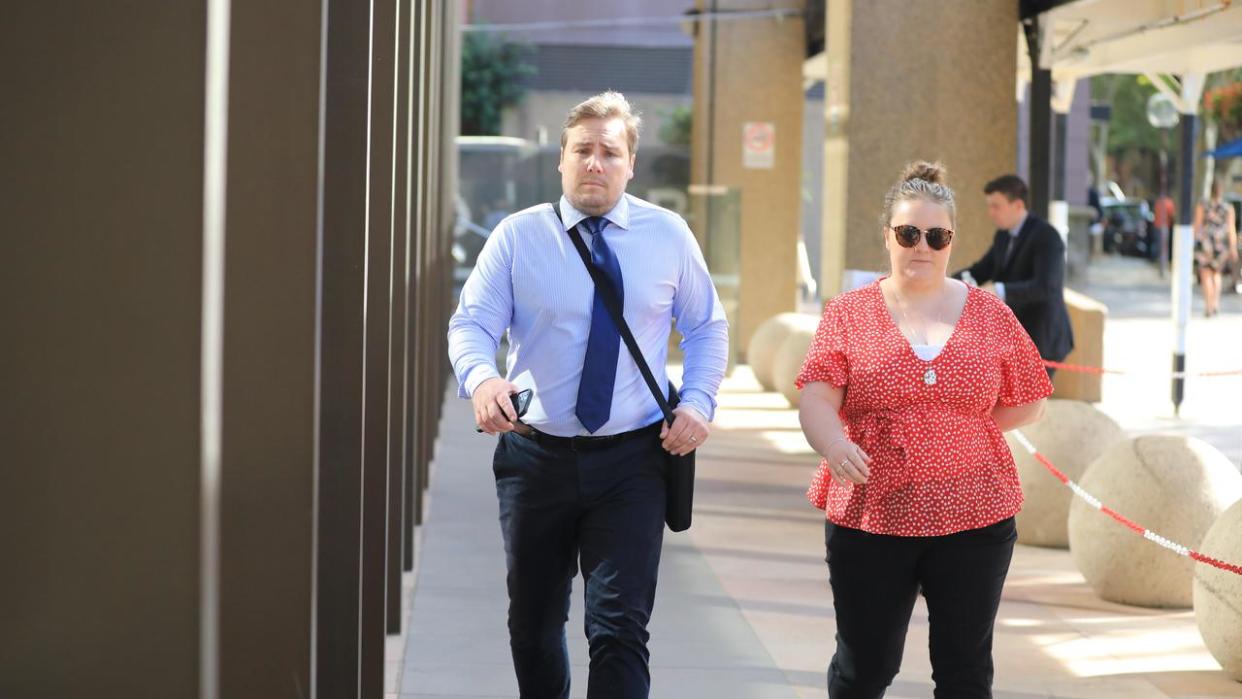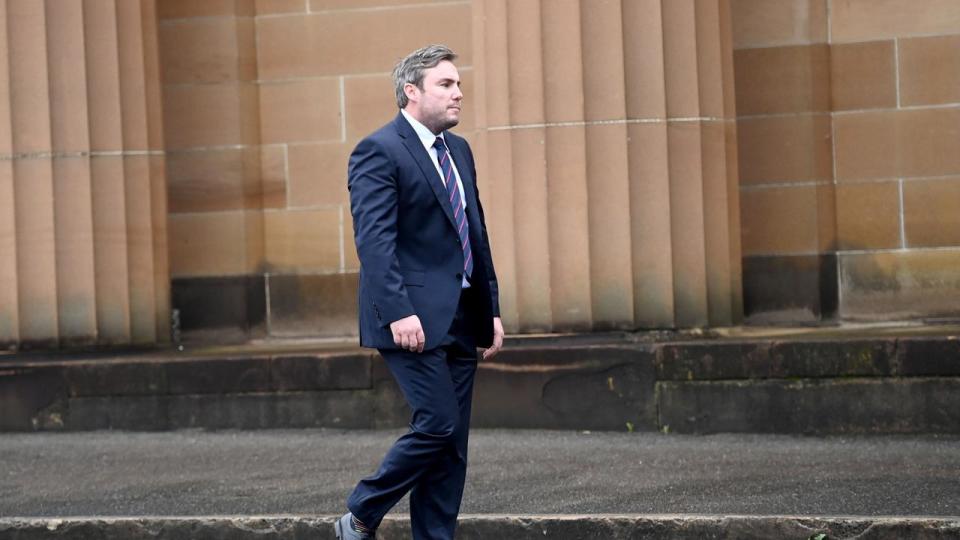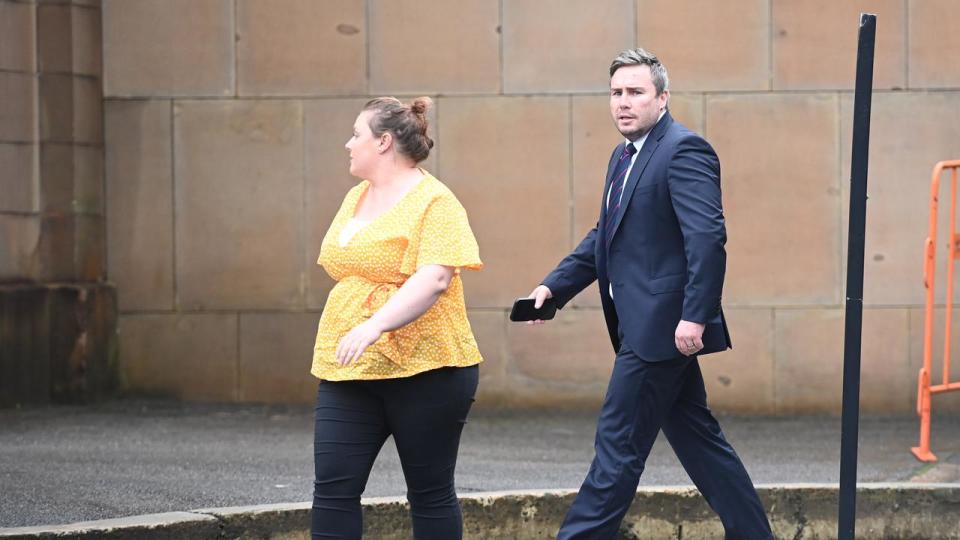‘Waste of resources’ in $105m tax fraud case

A judge has blasted a decision by the Attorney-General’s office to withdraw funding for a man convicted of a $105m tax fraud, saying it could cost the community tens of thousands and is a waste of “scarce public resources”.
Attorney-General Mark Dreyfus last week revealed the Commonwealth would no longer be providing legal aid to Adam Cranston.
The NSW Supreme Court on Tuesday was told there would be further delays in Cranston’s sentence, as authorities were still deciding who would pay more than $40,000 in legal fees.
Cranston, the son of former Australian Taxation Office deputy commissioner Michael Cranston, was found guilty of orchestrating a scam that defrauded the country of $105m in taxes. Michael Cranston is not accused of any wrongdoing.
During the trial, the court was told Adam Cranston’s company, Plutus Payroll, had misappropriated $105m in taxes over three years.
His sister Lauren Cranston, lawyer Dev Menon, Patrick Willmott and Jason Onley were also found guilty of their involvement in one of the biggest tax scams in Australia’s history.
The funds were siphoned off into second-tier companies so the five conspirators could spend it on luxury properties, cars, boats and jewellery.

Cranston had been receiving funding from the Commonwealth for two years after he was denied legal assistance from NSW Legal Aid prior to his trial.
He was granted federal funding in 2021 after his assets and finances were frozen and he was unable to pay for his legal defence.
But last week the court was told the funding had been pulled ahead of Cranston’s sentencing.
Justice Anthony Payne on Tuesday told the NSW Supreme Court he had received correspondence from Legal Aid NSW, which said it had received a fresh application from Cranston and would make a decision in June.
A barrister representing the Attorney-General’s office, Robert Ranken, tendered a letter to the court confirming the position had not changed.
“The decision of the Attorney-General concerns his decision for financial assistance under a special circumstance scheme … that position remains,” Mr Ranken told the court.
The letter outlines the funding Cranston has already received and what he still needs, which includes funding for legal fees, psychiatric reports, and both a senior barrister and solicitor for the sentence hearing.
“So this entire debate is about whether the Commonwealth or state should pay about $40,000?” Justice Payne said.

Justice Payne said the cost to the community would be “exponentially higher”, as new counsel would need to familiarise themselves with the nine-month trial.
“The Commonwealth provided legal aid for literal weeks in preparation for the trial and during deliberations, the same counsel may have only had a few days of preparation leg with a few days of hearings,” he told the court.
“A waste of scarce public resources.”
The court was told a further $11,5000 was needed for other legal fees and $37,000 for the lawyers.
If Cranston is unable to obtain funding, Justice Payne said he would consider the next steps “however unpalatable” they may be.
The judge previously described the sudden decision as a “remarkable change of position” and on Tuesday told the court he “doesn’t have a choice”.
“Mr Cranston needs funding for it to be fair,” Justice Payne told the court.
“This is a question about whether for, I think 173 days, the Commonwealth continues funding for what might now be two or three days of preparation and a half day of hearing or whether he transfer that to the state with delay,” he said.
Justice Payne said he was worried about the community’s position as there was high public interest in the case.
“This is one of the most serious federal tax offences ever successfully prosecuted in this country,” he said.

“Thus my surprise and disappointment that there’s now this delay.”
Justice Payne told the court that everyone was under the agreement Mr Cranston needed to be represented, but it was a question of who paid for “a couple of days”.
The court was told Cranston should be sentenced as soon as possible.
“I have to say … it really is quite undesirable, isn’t it?” Justice Payne said.
He said it was his obligation as the trial judge to ensure there was a fair sentence hearing, meaning Cranston must be legally represented.
The court was told it would be fundamentally unfair to proceed with Cranston unrepresented.
He told the court the delays caused by the Attorney-General’s office affected the community, with this tax offence being “corrosive” to society.
Justice Payne said these offences were “difficult to detect and difficult to successfully prosecute”.
The matter was adjourned to June.


